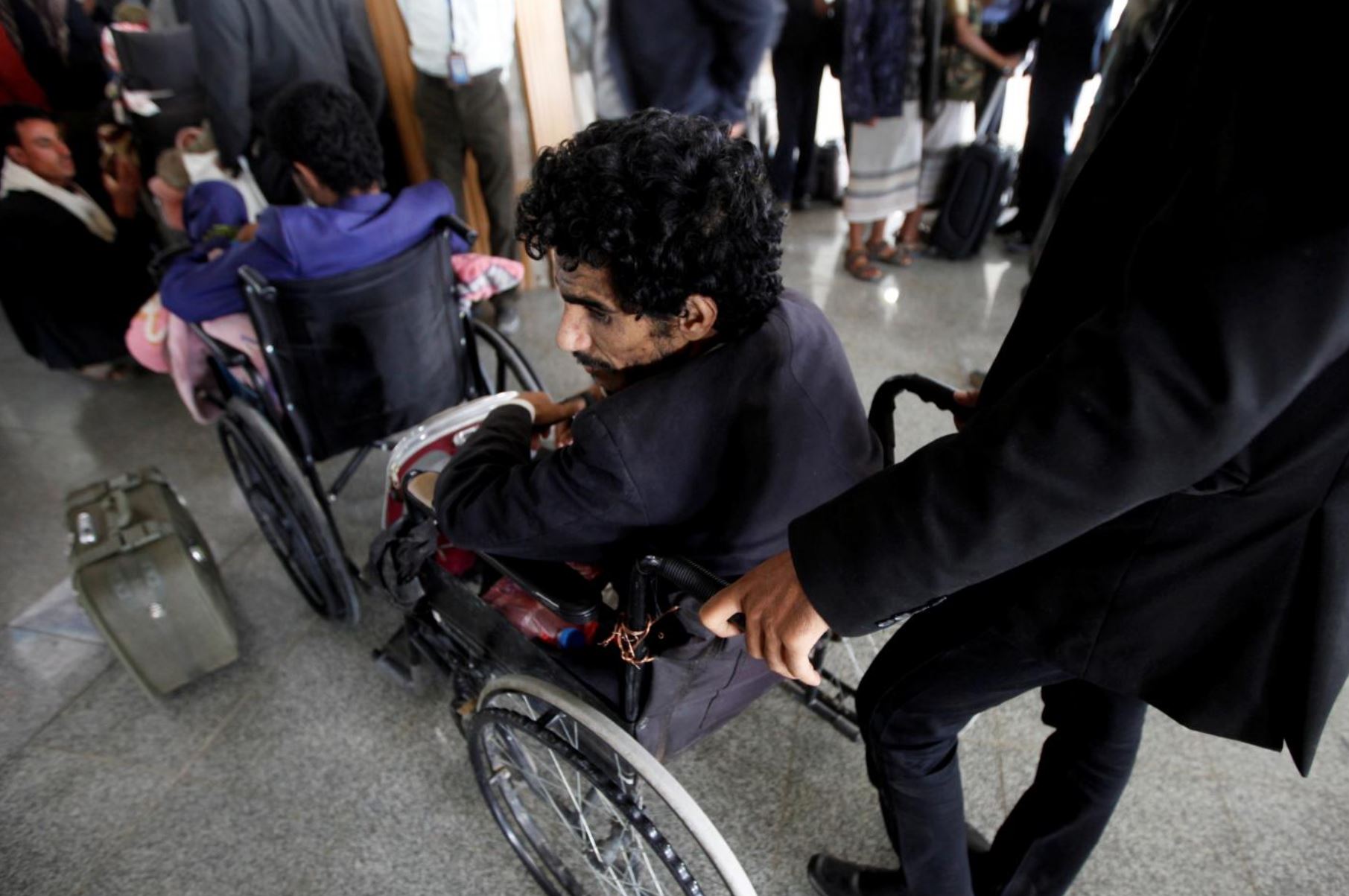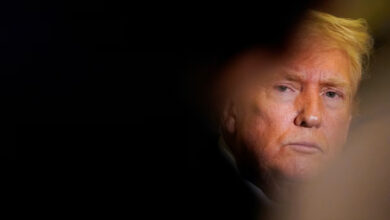
DUBAI (Reuters) – The Saudi-led coalition said it approved evacuating wounded Houthi fighters from Yemen for treatment on Monday, meeting a main condition for the group to attend UN-sponsored peace talks in Sweden this week aimed at ending the nearly four-year-old war.
Prospects for convening talks have increased as Western allies press Saudi Arabia, leader of the Sunni Muslim alliance battling the Iranian-aligned Houthis, over a war that has killed more than 10,000 people and pushed Yemen to the brink of famine.
The peace talks may start on Wednesday, two sources familiar with the matter said, after UN special envoy Martin Griffiths shuttled between the parties to salvage a previous round that collapsed in September after the Houthis failed to show up.
Western powers, which provide arms and intelligence to the coalition, may have greater leverage to demand action on Yemen after outrage over the murder of Saudi journalist Jamal Khashoggi in Riyadh’s consulate in Istanbul led to increased scrutiny of the kingdom’s activities in the region.
The US Senate is due to consider this week a resolution to end support for the conflict, which is seen as a proxy war between Saudi Arabia and its arch foe, Shi’ite Iran.
The coalition agreed for a UN commercial plane to transport 50 wounded Houthis from the Houthi-held capital Sanaa to Oman for treatment “for humanitarian considerations and as part of confidence-building measures” ahead of the talks, spokesman Turki al-Malki said in a statement.
The Houthis had also set as a condition to travel to Sweden that their plane not be inspected by the coalition. They have agreed to travel on a plane provided by Kuwait, one source said.
The Saudi-backed government has said it would follow the Houthis for the consultations, the first since 2016, which are also due to focus on a transitional governing body.
Iran’s Foreign Ministry said it backs the talks and was ready to help find a political solution, Iranian state TV reported on Monday.
‘DIRE CONSEQUENCES’
“If the parties actually turn up in Sweden … that in itself must be considered progress, even if there are no concrete outcomes,” said Elisabeth Kendall, a senior research fellow in Arabic and Islamic Studies at Oxford University.
“Neither side wishes to be blamed for the dire consequences of the looming famine, which is starting to become a reality,” she said. “But it remains to be seen whether the political will is really there to make the necessary concessions for peace.”
Some 8.4 million Yemenis are facing starvation, although the United Nations has warned that will likely rise to 14 million. Three-quarters of impoverished Yemen’s population, or 22 million people, require aid.
The alliance intervened in the war in 2015 to restore the internationally recognized government of Abd-Rabbu Mansour Hadi but has faced military stalemate, despite superior air power, since seizing the southern port city of Aden that year.
The Houthis, who are more adept at guerrilla warfare, hold most population centers including Sanaa and the port city of Hodeidah, a lifeline for millions that is now a focus of the war.
Griffiths hopes to reach a deal on reopening Sanaa airport and securing a prisoner swap and a ceasefire in Hodeidah as a foundation for a wider truce, including a halt to coalition air strikes that have killed thousands of civilians and Houthi missile attacks on Saudi cities.
The group had agreed to hand over management of Hodeidah port, the entry point for most of Yemen’s commercial imports and vital aid supplies, to the United Nations but both sides are at odds over who should control the Red Sea city.
The coalition, which has previously called on the Houthis to entirely quit Hodeidah, last month renewed an offensive on the city to weaken the movement by severing their main supply line.
Fighting has abated amid renewed UN peace efforts and as aid groups warn that a full-scale assault may trigger a famine.
A British push for the UN Security Council to take action on the humanitarian crisis has slowed because several member states are wary of impeding the peace talks.
Additional reporting by Hesham Hajali in CAIRO and Mohammed Ghobari in ADEN, Writing by Ghaida Ghantous; Editing by Angus MacSwan.




